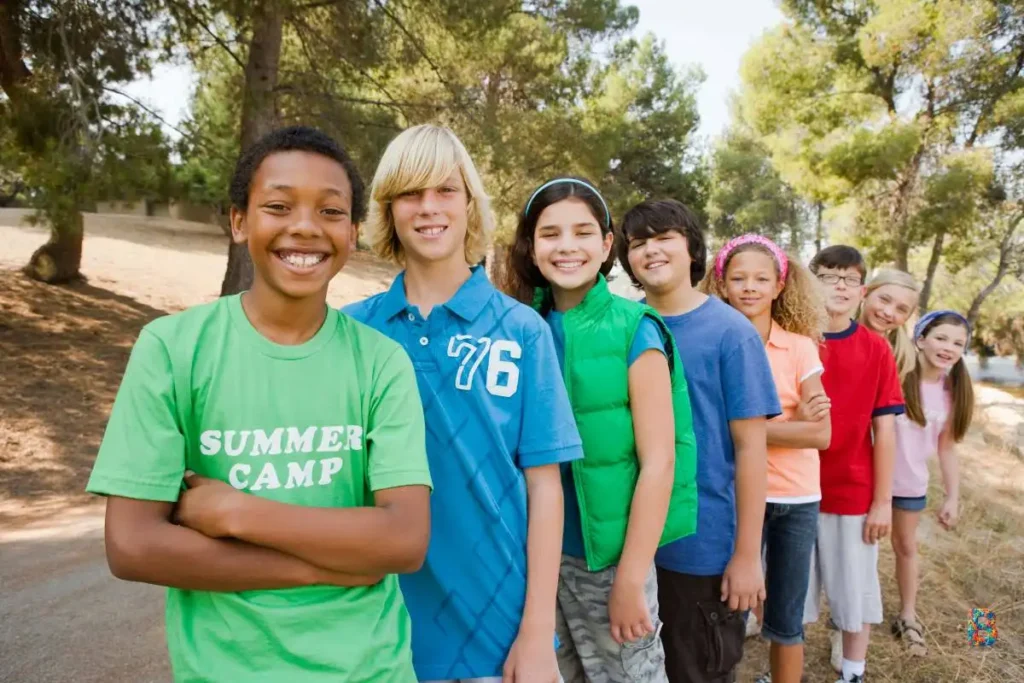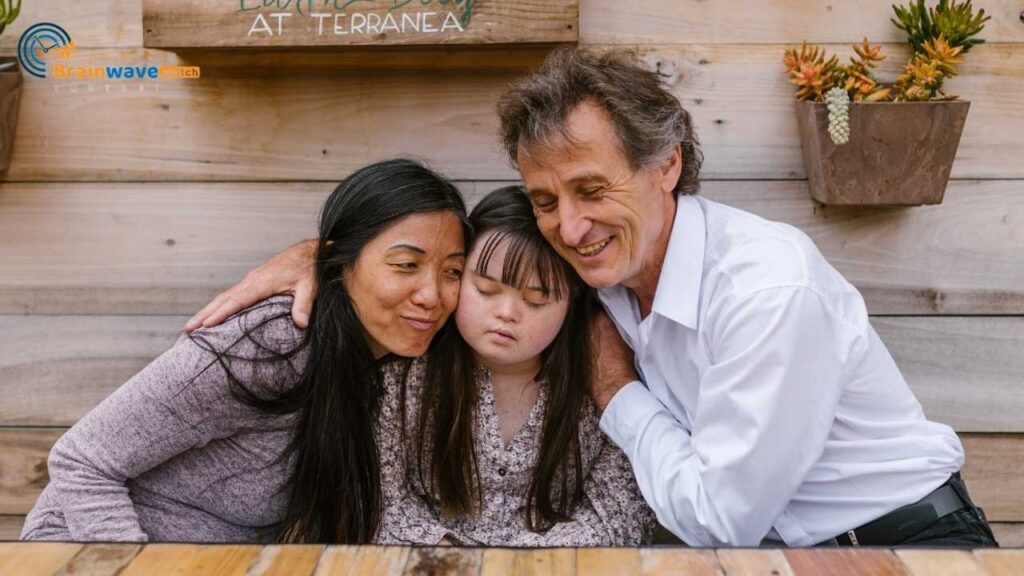Summer is upon us, and for many parents of autistic children, the question arises: is overnight camp the right fit? While traditional day camps offer benefits, overnight programs can be transformative. This article explores the unique advantages of overnight camps for autistic children, fostering independence, social connection, and a sense of belonging in a safe and supportive environment. We’ll also provide essential tips to help you navigate the selection process and ensure your child has an unforgettable summer adventure.
Autism and Summer Camps
Summer camps can be a great way for children to make new friends, learn new skills, and have fun. However, for children with autism, summer camps can be challenging. Autism is a neurodevelopmental disorder that affects communication, social interaction, and behavior. Children with autism may have difficulty understanding social cues, making friends, and participating in group activities.
Some children with autism may benefit from a camp that specializes in serving children with autism. These camps often have trained staff who understand the unique needs of children with autism and can provide the support and structure they need to have a successful camp experience.
Children with autism may be sensitive to noise, light, and other sensory stimuli. A camp that offers quiet spaces and activities that are not overstimulating may be a better fit for some children with autism.
Parents should also communicate with the camp staff about their child’s needs. This can include providing information about the child’s communication style, sensory needs, and any other accommodations that may be necessary.
Types of Overnight Summer Camps
When it comes to overnight summer camps for autistic children, there are two main types of camps: specialized autism camps and inclusive camps.
Specialized Autism Camps
Specialized autism camps are designed specifically for children on the autism spectrum. These camps offer a structured environment with trained staff who understand the unique needs of children with autism. Activities are tailored to the needs of the campers and may include social skills training, sensory activities, and therapy sessions.
One example of a specialized autism camp is Talisman Camps. Talisman Camps is a well-known camp both nationally and internationally and is considered one of the best autism overnight summer camps in the world. They offer a range of programs for children with autism, including a social skills program, a leadership program, and a program for young adults.
Inclusive Camps
Inclusive camps are summer camps that are open to all children, including those with autism. These camps offer a more typical summer camp experience, with a mix of activities that appeal to all children. They also have staff who are trained to work with children with autism and can provide accommodations to meet their needs.
One example of an inclusive camp is Camp Starfish. Camp Starfish is a summer camp that emphasizes enjoyment and recreation and offers a 1:1 ratio to meet the unique needs of providing a summer camp for kids with autism spectrum disorder. They offer a range of activities, including swimming, hiking, and arts and crafts.
Preparing Your Child for Camp
Before sending a child with autism to an overnight summer camp, there are several things to consider to ensure a positive experience. Here are some strategies to help prepare your child for camp.
Communication Strategies
Communication is key to a successful camp experience. Parents should communicate with camp staff about their child’s needs, preferences, and challenges. Some children may benefit from visual aids such as picture schedules or social stories to help them understand the camp routine and expectations. Others may need more explicit instructions or verbal prompts.
Parents should also encourage their children to practice social skills and communication before camp. This can include role-playing social situations, practicing conversation skills, or participating in group activities with peers.
Safety Measures
Safety is a top priority for any overnight summer camp. Parents should ensure that the camp has appropriate safety measures in place, such as trained staff, medical personnel, and emergency procedures. Inform the camp staff of any medical or behavioral concerns, such as allergies, medications, or sensory issues.
Parents should also prepare their children for safety procedures, such as fire drills or emergency evacuations. This can include practicing the procedures at home and discussing them with the child.
By taking these steps, parents can help ensure a positive and safe overnight summer camp experience for their child with autism.
Selecting the Right Camp
Choosing an overnight summer camp for an autistic child can be a daunting task for parents. There are many factors to consider such as staff qualifications, activities and programs, and camp facilities.
Staff Qualifications
One of the most important factors to consider when selecting a summer camp for an autistic child is the staff qualifications. Parents should look for camps with experienced staff who have training in working with children with autism. Staff members should be able to provide individualized attention to each child and be knowledgeable about the specific needs of autistic children.
Activities and Programs
Parents should also consider the activities and programs offered by the camp. It is important to find a camp that offers a variety of activities that will keep the child engaged and interested. Look for camps that offer activities that align with the child’s interests and hobbies. Consider camps that offer therapeutic activities such as art therapy, music therapy, and occupational therapy.
Camp Facilities
The camp facilities are another important factor to consider. Parents should look for camps that provide a safe and comfortable environment for their children. The facilities should be clean and well-maintained, and the camp should have appropriate safety measures in place. Parents should consider the sleeping arrangements and dining facilities to ensure that their children will be comfortable during their stay.
Benefits of Overnight Summer Camps
Overnight summer camps can offer a unique and rewarding experience for children with autism. In addition to providing a fun and engaging environment, these camps can also help children develop important social and life skills.
Social Skills Development
One of the primary benefits of overnight summer camps for children with autism is the opportunity to develop social skills. Children with autism often struggle with social interactions, but camps provide a structured and supportive environment for socializing with peers. Activities like team sports, group games, and arts and crafts can help children learn how to communicate and collaborate effectively with others.
Independence and Personal Growth
Another benefit of overnight summer camps is the opportunity for children to develop independence and personal growth. Children with autism may struggle with daily living skills, but camps provide a safe and structured environment for practicing these skills. From making their bed to choosing their activities, children can learn how to take responsibility for themselves and make decisions independently. This can help build confidence and self-esteem, which can translate to success in other areas of life.







